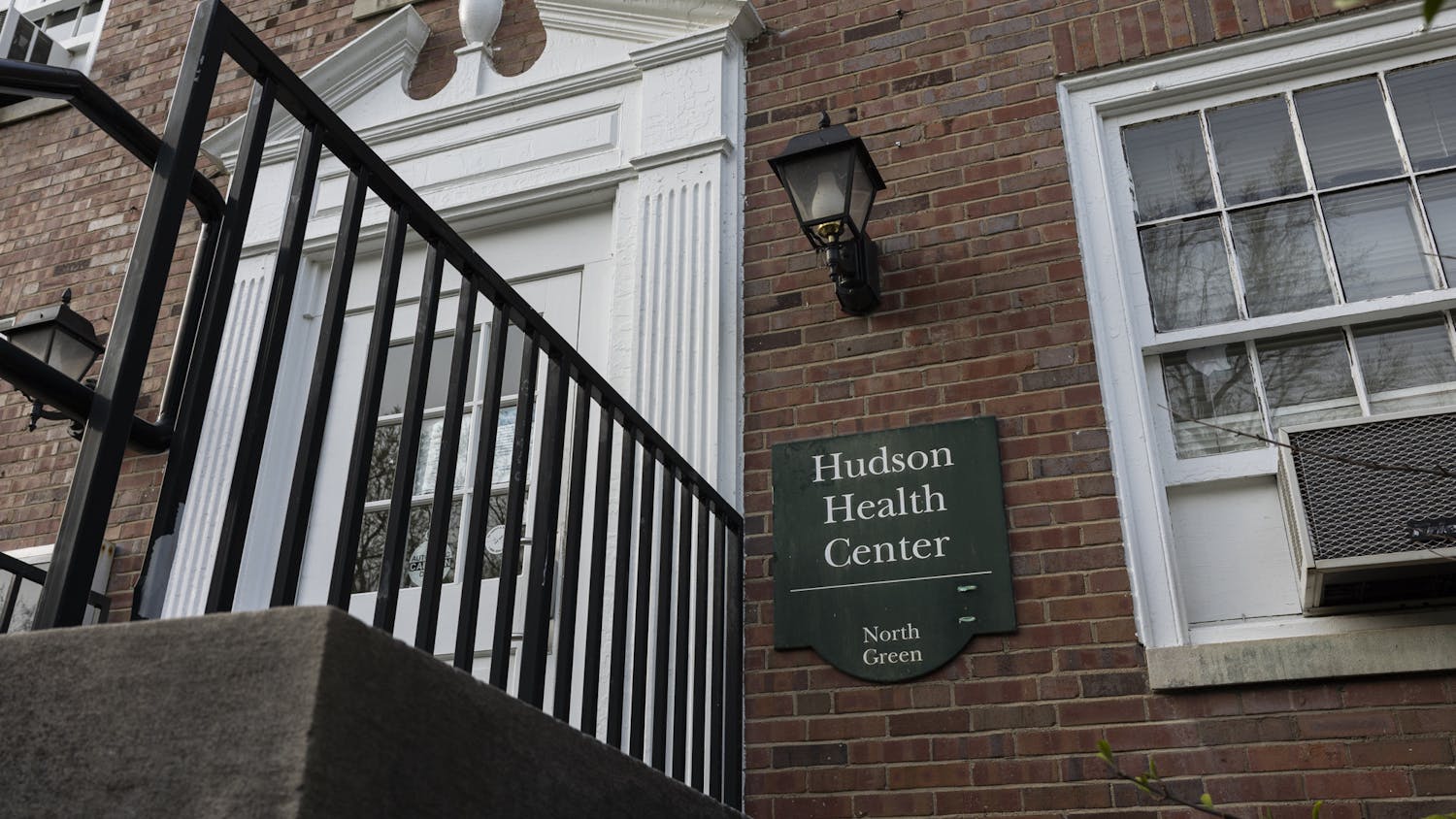This article contains content regarding sexual assault and harassment.
Last spring, I lived in Washington, D.C. Public transportation was a completely new concept to me, but I had never had an instance where I did not feel safe – except for one isolated incident. I was taking the metro to the airport early in the morning, which ended up being about an hour commute with a few line transfers.
I began to notice a man getting off and on with me for each line transfer because of how few people were on the metro that early. Then, I started to notice him touching himself. This quickly escalated into him exposing his genitals and masturbating. He would face me while sitting in the seat across, adjusting himself at stops where passengers were getting on and off.
I was frozen the entire commute, knowing if I got up he would follow. I had a suitcase with me, and the metro stop I was getting off at was the name of the airport – he knew exactly where I was going. Thankfully, he got off one stop before, and I was left unharmed.
I am just one of likely many incidents that went unreported. According to WJLA, there were 76 sexual-related crimes reported on the D.C. Metro in 2024. Although classifications of indecency, harassment and abuse are murky without a proper case, all incidents should be protected against. The D.C. Metro system’s new plan is aiming to do so; however, it must be implemented correctly and safely.
According to the Washington Post, “D.C. Metro system leaders approved a plan Thursday to ban riders from the system for up to a year if they are arrested more than once for assault or for a sex offense inside a Metro station, train or bus.”
The ban would serve as a punishment that escalates for the number of offenses as, according to WJLA, riders “often receive little to no jail time.” In theory, this plan seems logical and fair. However, there are critics and reasons why this has not been enacted earlier.
According to WJLA, “Four years ago, General Manager Paul Wiedefeld tried to enact a similar ban, but after critics raised civil rights concerns -- it was never enacted.” These civil rights concerns cannot be ignored, and it is of utmost importance that this plan is implemented properly.
With any ban comes a higher security and police presence, which has historically negatively impacted marginalized communities. While protecting passengers from sexually-related crimes is crucial and the goal of this plan, the enforcement must not be targeted or unjust. Transparency in rules of the ban, due process and better reporting mediums can ensure that bans combined with a higher police presence doesn’t end up resulting in more danger.
Although public transportation in many cities is associated with low income and marginalized communities, that is not the case for many individuals in D.C. The metro is the main form of transportation, reflecting the surrounding cities in terms of gender, race and class. Crimes of this nature do not discriminate, so the ban will hopefully be applied justly and appropriately.
My story was thankfully an isolated incident, and I never had another issue. Nevertheless, in a city full of young people, interns and students, nobody should have to worry during their routine commutes. I can only hope this plan helps and does not hurt.
Layne Rey is a senior studying journalism at Ohio University. Please note that the views and opinions of the columnist do not reflect those of The Post. What are your thoughts? Let Layne know by tweeting her @laynerey12.






